
Bacteria—Man’s Best Friend
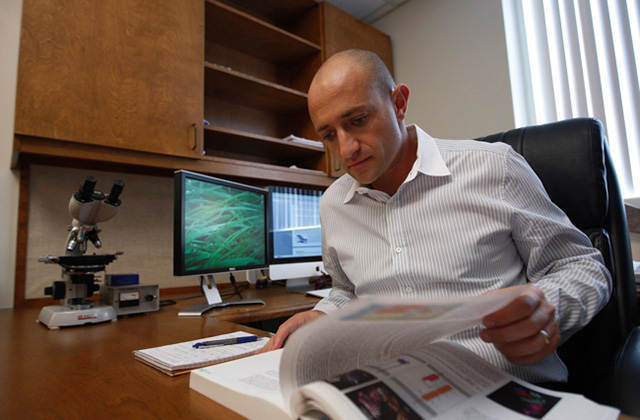
American-Armenian Sarkis K.Mazmanian, well-known Professor of Biology at the California Institute of Technology, USA, is in the center of our attention today.
We live in the world of bacteria. They are everywhere—in soil, water, air, our body. We constantly deal with bacteria, greater part of which are in gastrointestinal tract and form our individual micro biota, integrity of parasitic, commensal, symbiotic bacteria, which live inside us. Micro biota bacteria are ten times more than cells forming our body. Development of sequencing technologies—separation and decoding of DNA molecule, gave scientists the possibility to discover the greater part of Microbiome members. Since 1990s immense information has been accumulated on importance of microbiota.
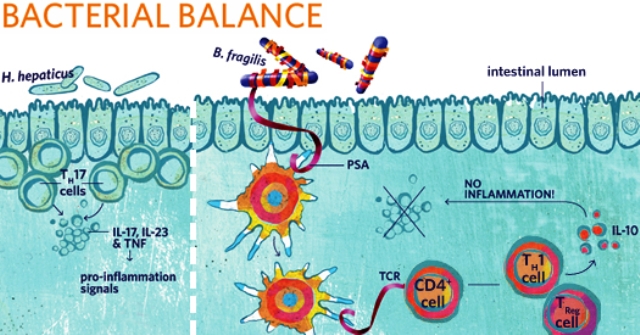
For instance, crucial role of microbiota in a range of autoimmune diseases has been proven in development of diabetes and rheumatoid arthritis. Some micro biota bacteria and substances produced by them may benefit to originating and development of cancer. For instance, in case of large intestine cancer adenomas are surrounded by a great number of Fusobacterium nucleatum bacteria. Injection of the latter into mice leads to originating of cancer, however, the mechanism is unknown yet.

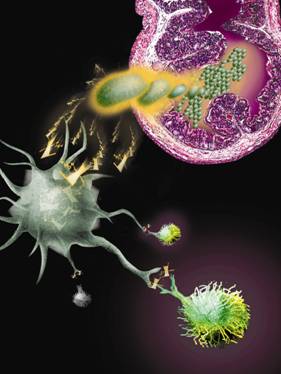
American-Armenian well-known scientist Sarkis K.Mazmanian’s laboratory examines interaction of microbiota with two crucial systems of our body—brain and immune system. Mazmanian was the first to show, that microbiota bacteria direct development of immune system of mammals and protects organism of some gastrointestinal tract infections.
Moreover, productivity of immune system cells origination (hematopoiesis) depends on normal functioning of microbiota. In case of germ-free mice hematopoiesis deviations are observed, which are restored via importation of microbiota bacteria, i.e. against some infections struggle of the organism depends on microbiota bacteria, as the latter play an important role both in formation of immune system cells and their direction.
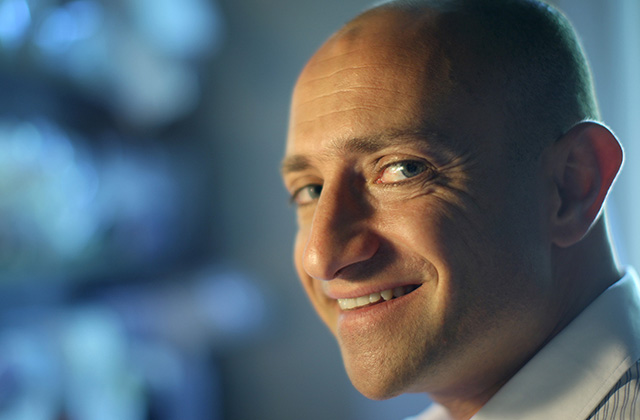
Purpose of Mazmanian’s laboratory new studies is to find out liaison of microbiota with human behavior and originating of diseases of nervous system. Microbiota-immune system-brain liaison studies may contribute to creation of productive medicaments against diseases of nervous system. In particular, linkage between autistic spectrum deviations and microbiota has been studied by Mazmanian’s laboratory. Mice with likewise deviations have been obtained in laboratory environment, which have later been injected with one of human microbiota bacteria—Bacteroides fragilis, which regulated function of microbiota of the mouse and weakened manifestation of autistic deviations. Thus, Sarkis K.Mazmanian’s researches spread light on interrelation of our organism and our bacteria, which have established in the period of million years evolution and play a big role in normal vitality.
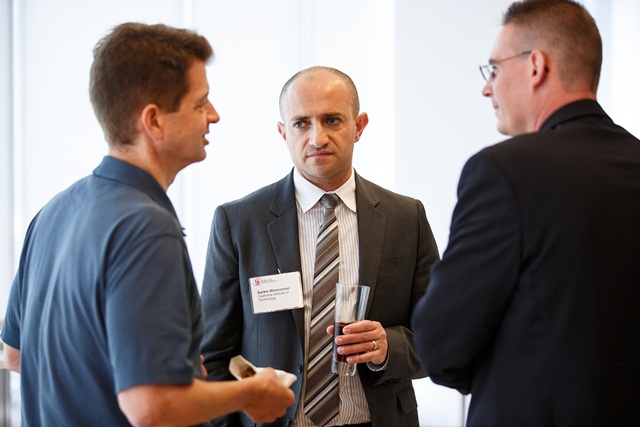
Sarkis K.Mazmanian is a professor of the California Institute of Technology. He studied and defended his thesis at University of California (Los Angeles). He performed his Post-doctoral work at University of Harvard, where he studies importance of symbiotic bacteria in the formation of immune system. He won numerous awards including a Searle Scholar, Young Investigator of the Year at Harvard Medical School, Damon Runyon Innovation Award, was named by Discover Magazine as one of the “Best Brains in Science under 40” and recently received the MacArthur Foundation “Genius” award. Sarkis K. Mazmanian periodically visits Armenia and delivers lectures at Institute of Molecular Biology NAS RA.
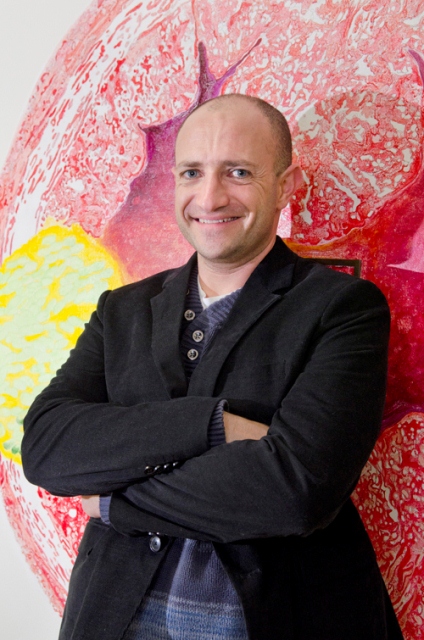
In 2012 Pasadena Star News prepared a publication on the well-known Armenian scientist: “Sarkis K. Mazmanian, a professor of biology at Caltech studying bacteria and their impact on immunity and on the human body, is being awarded “no strings attached” MacArthur grant. Mazmanian’s findings are revealing links between gut bacteria or microbes and immunity, autism, multiple sclerosis, and other major diseases,” the paper wrote. Mazmanian, became one of 23 laureates, and was awarded USD 500.000, which he might use for any purpose. The scientist said he learnt about the scholarship, when he was in Armenia, delivering lectures. At that time he said he didn’t know how he’d dispose the money, but hoped to create better chances in Armenia’s higher education system and improve local poor laboratories, support Armenia’s youth in obtaining higher education.
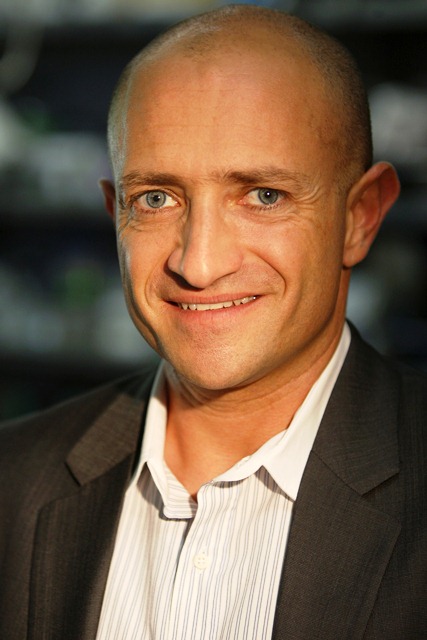
“It was one of the rare moments in my life, when I wasn’t able to speak,” he confessed in an interview with one of American media. The award is granted to individuals, who show exceptional creativity in “intellectual, social and art fields.” By the way, as a rule, winners don’t even know, that they are among the candidates, until they receive a phone call and learn that they are the winner. Speaking of the award Mazmanian also said, “People want to become a rock star, or a trainer or something else. Very few say I want to become a specialist in microbiology. I hope this award will help people to understand, that scientists are doing a good job.”
Professor of the California Institute of Technology Sarkis K. Mazmanian, one of 23 laureates, will be granted USD 500 thousand, which may be disposed in any way.
Initiated by Hovakim Zakarian, researcher at the Institute of Molecular Biology NAS RA
“168 HOURS“






















